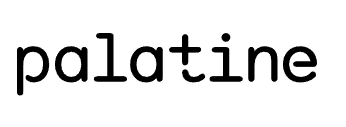The system may appear to offer something for everyone: touch-screen functionality for tablet enthusiasts, a slick new interface for the younger set, and multiple versions to make it compatible with traditional desktop PC software. Many businesses, though, say there is no compelling reason to adopt. Indeed, a large number have yet to make the transition to Windows 7 from Windows XP.
"Windows 8 is, frankly, more of a consumer platform than it is a business platform, so it's not something that makes any sense from a business perspective at this juncture," said Doug Johnson, head of risk management policy at the American Bankers Association, whose members are among the world's biggest technology buyers. "There is really no additional business functionality that Windows 8 gives you that I see."
For most of the past two decades, that sort of comment about a new version of Windows might have set off panic in Microsoft's Redmond, Washington, headquarters. Not now. Windows 8, in a stark reflection of how the technology business is changing, will rise or fall on how it is received in the consumer market.
That doesn't mean Microsoft executives are publicly saying they won't be going after enterprise customers with the radical new version of its flagship product. "The lines between the consumer and the enterprise are blurring," said Ron Markezich, head of Microsoft's Enterprise & Partner Group. "Business customers are looking forward to Windows 8 because they don't have to compromise between tablet and PC."
But Microsoft's main goal is to show it can master the new touch-optimized, mobile forms of computing pioneered by Apple Inc and Google Inc. Its colorful, action-packed advertising for the system are aimed at a young, free-wheeling audience, and its new Surface tablets are being positioned squarely as consumer devices.
Source: Reuters






